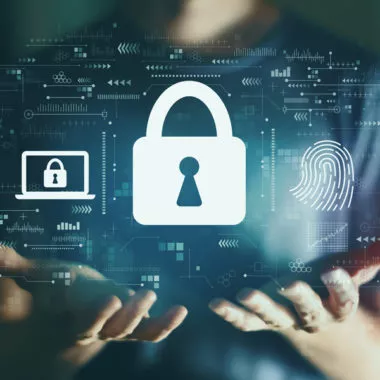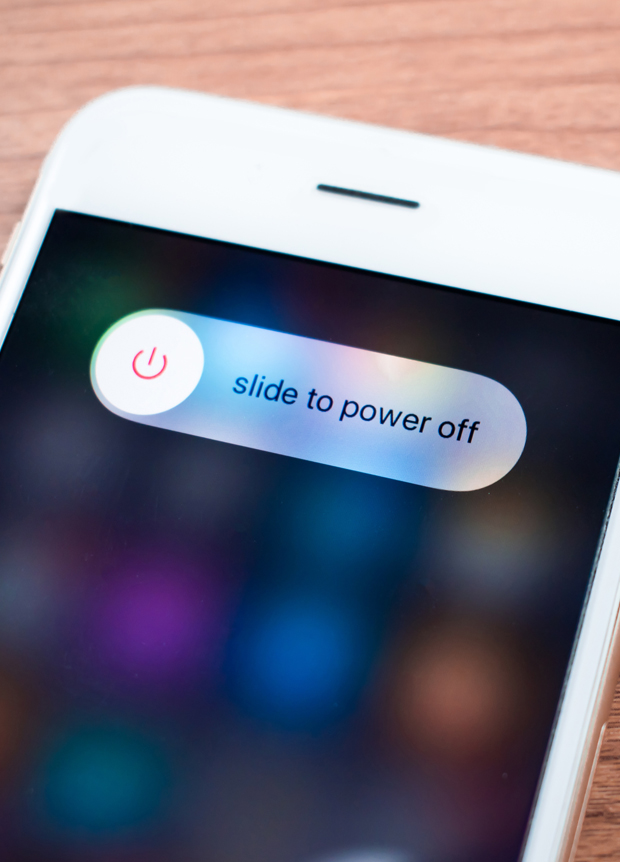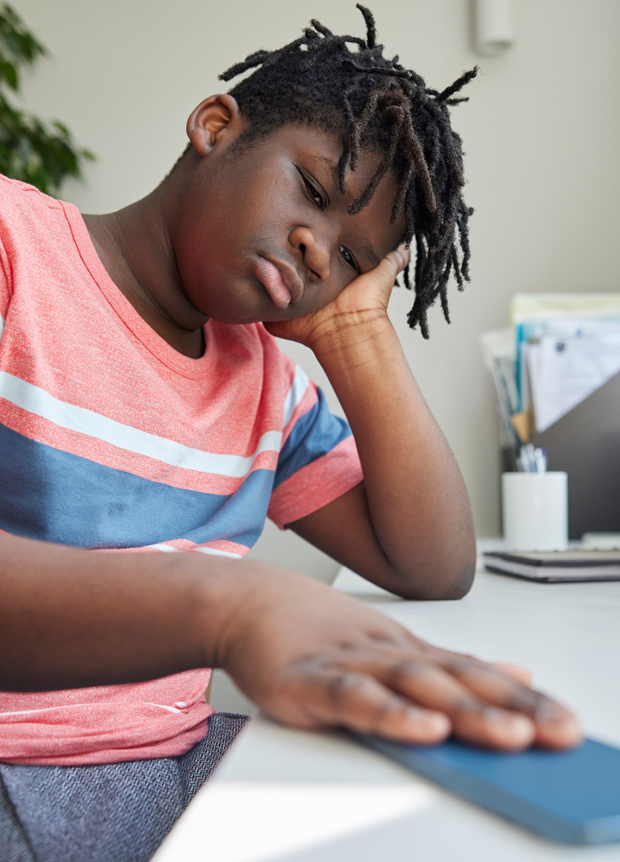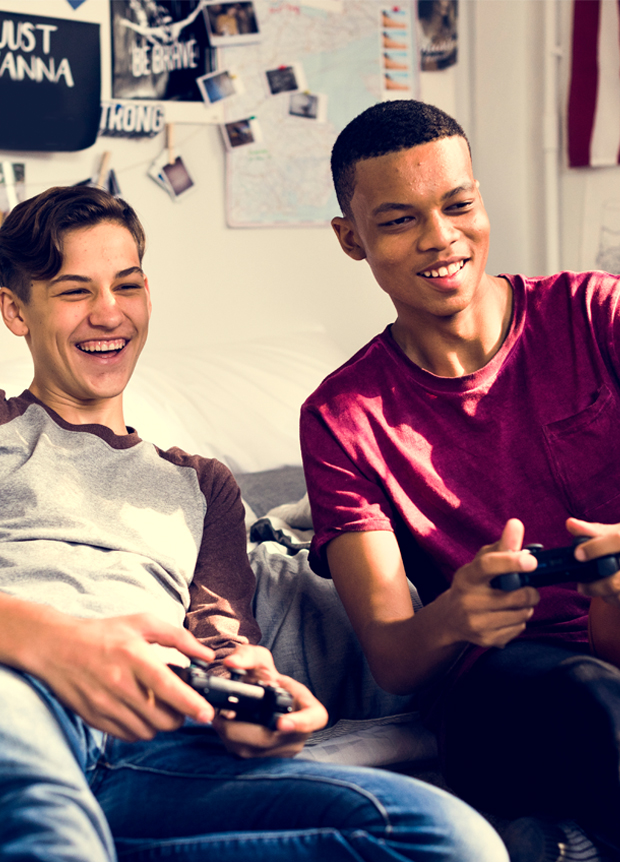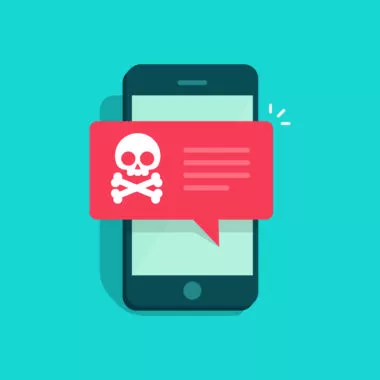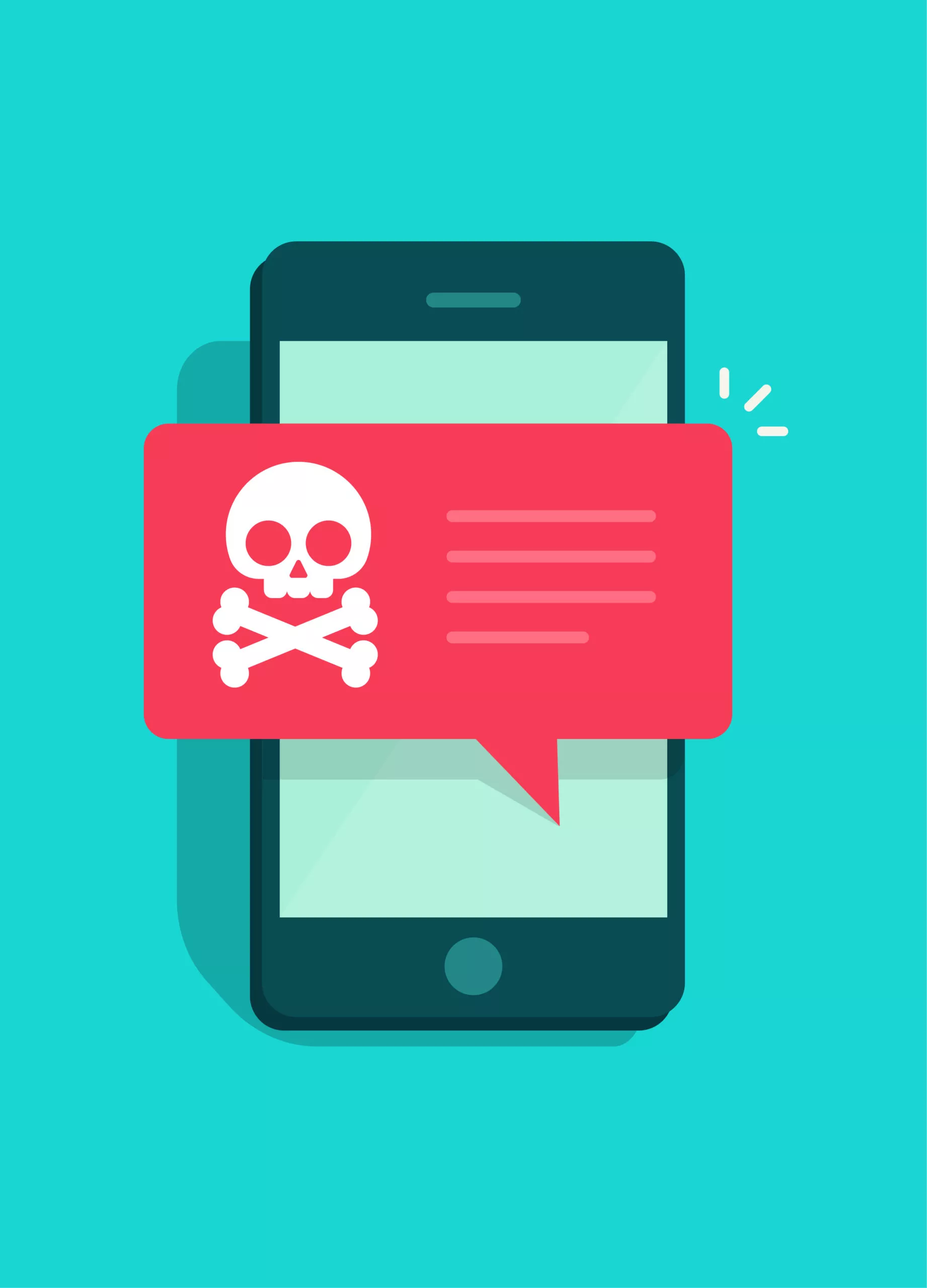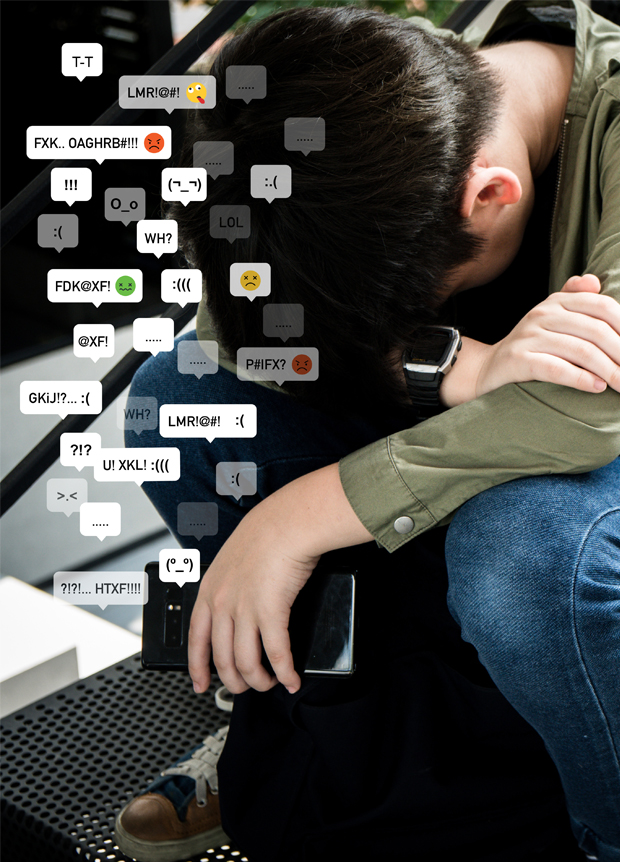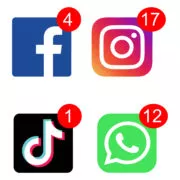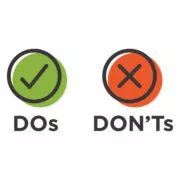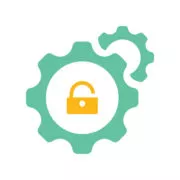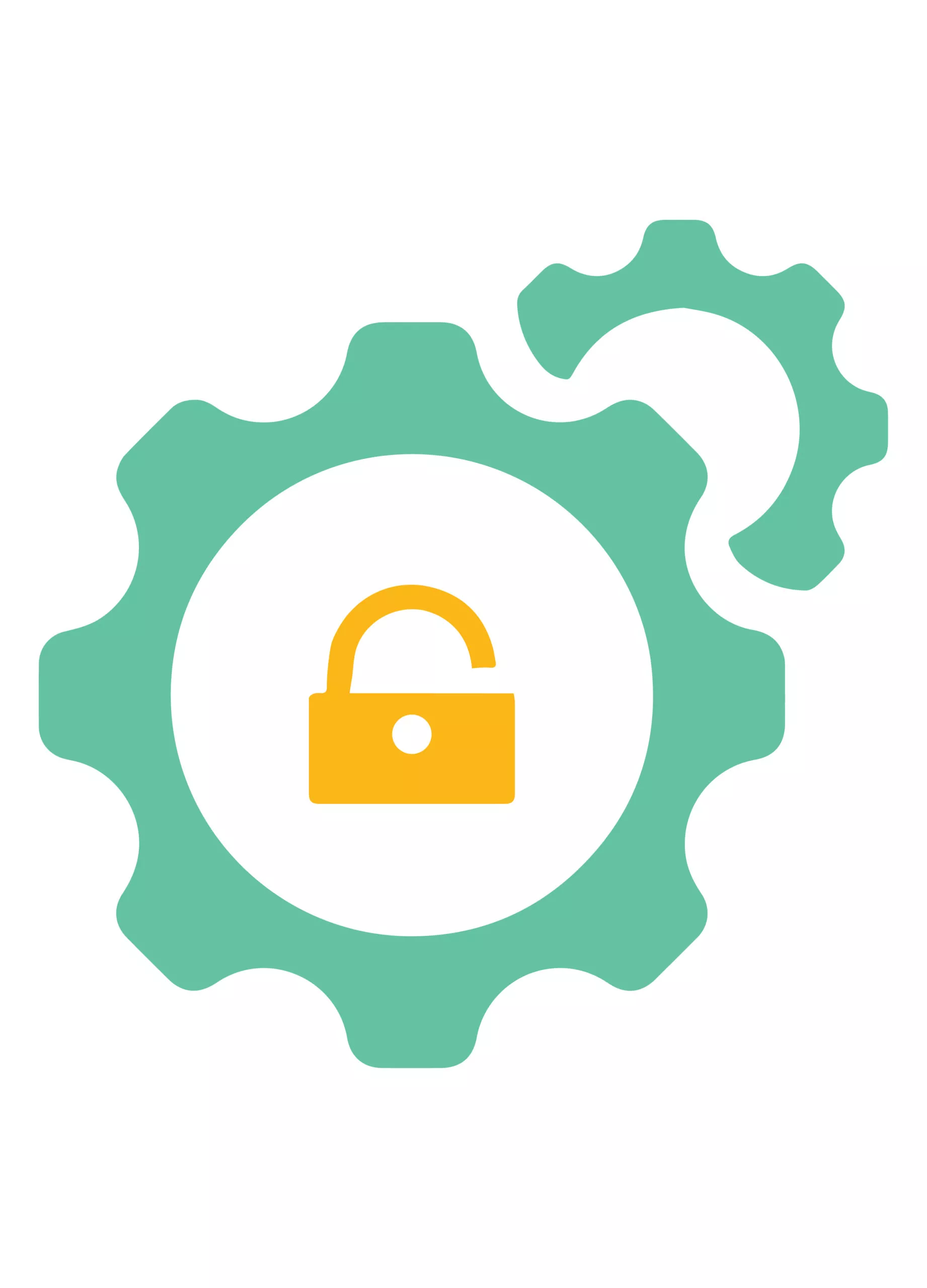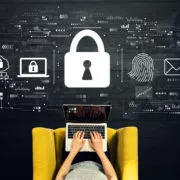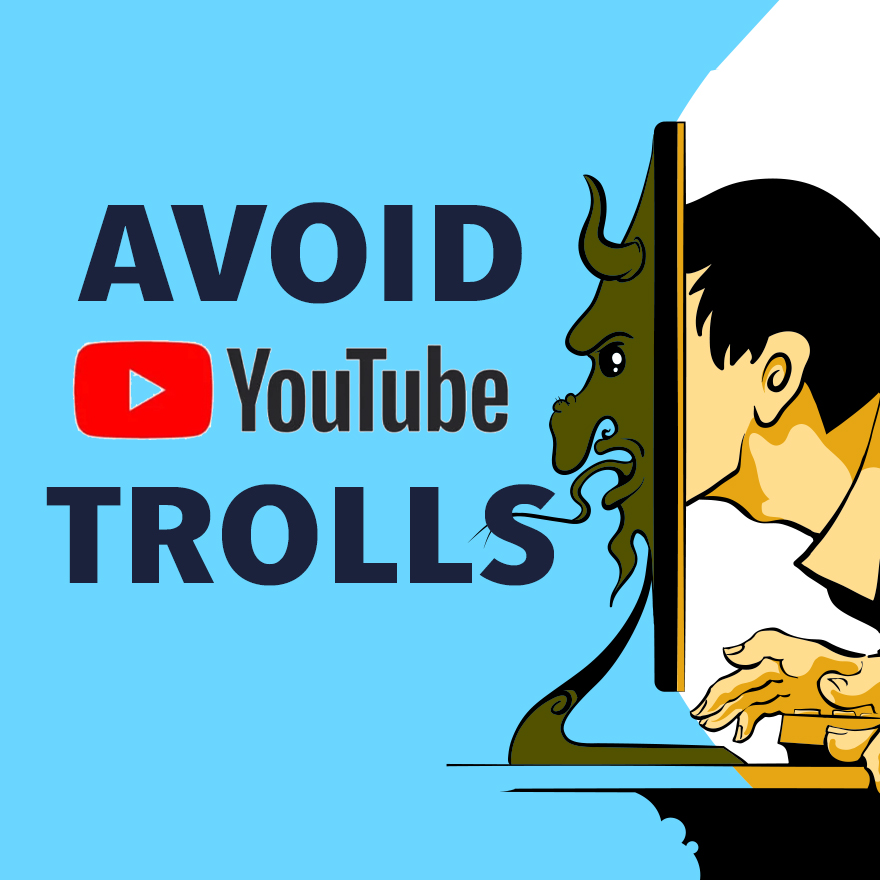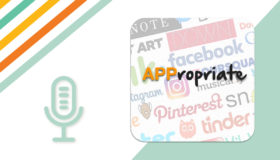Below are some platinum rules for being online that revolve around safety and protection — of yourself, your self-esteem, your reputation, your privacy, and your heart. Read below to learn some important tips and tools to engage responsibly online.
Social Media:
- Do not let other people’s opinions begin to weigh more than your own. Most comments have more to do with the commenter than your content.
- Unfriend/unfollow/block those who make you uncomfortable, and don’t waste time trying to argue with others who engage in digital drama, negative posts, or hate speech.
- Block and report are helpful tools, use them!
- Be a value-add on the internet, rather than contributing to the noise and negativity.
- Think before you post and consider your intentions. What we put online doesn’t go away. It stays with us and can leave a lasting image of who we are — even if we don’t see ourselves that way anymore. Create a positive digital footprint that represents the “real” you!
- Obtain consent before posting or sharing any images or information about someone else.
Screen Time:
- Balance your online life with real-time, positive human contact, socially responsible and age-appropriate activities, relationships, and physical exercise.
- Develop good “unplugging (disconnecting) muscles.” Try the Take Control Toolkit, courtesy of the Center for Humane Technology.
- Keep your privacy settings ON and follow the safety guides and terms of service for each platform/app/console/site you use.
Gaming:
- Actual human beings read/hear what you say, and your online subscription does not give you free reign to be cruel or rude to them.
- Good sportspersonship rules extend to the virtual world as well: no hate speech, phobic remarks, misogyny, rape “jokes,” or threats.
- The gamerverse can be particularly toxic for female-identified people — if you are one, keep your antennae tuned and block and report accordingly. If you are not female-identified, shut it down when you see it, and work to not make it worse.

